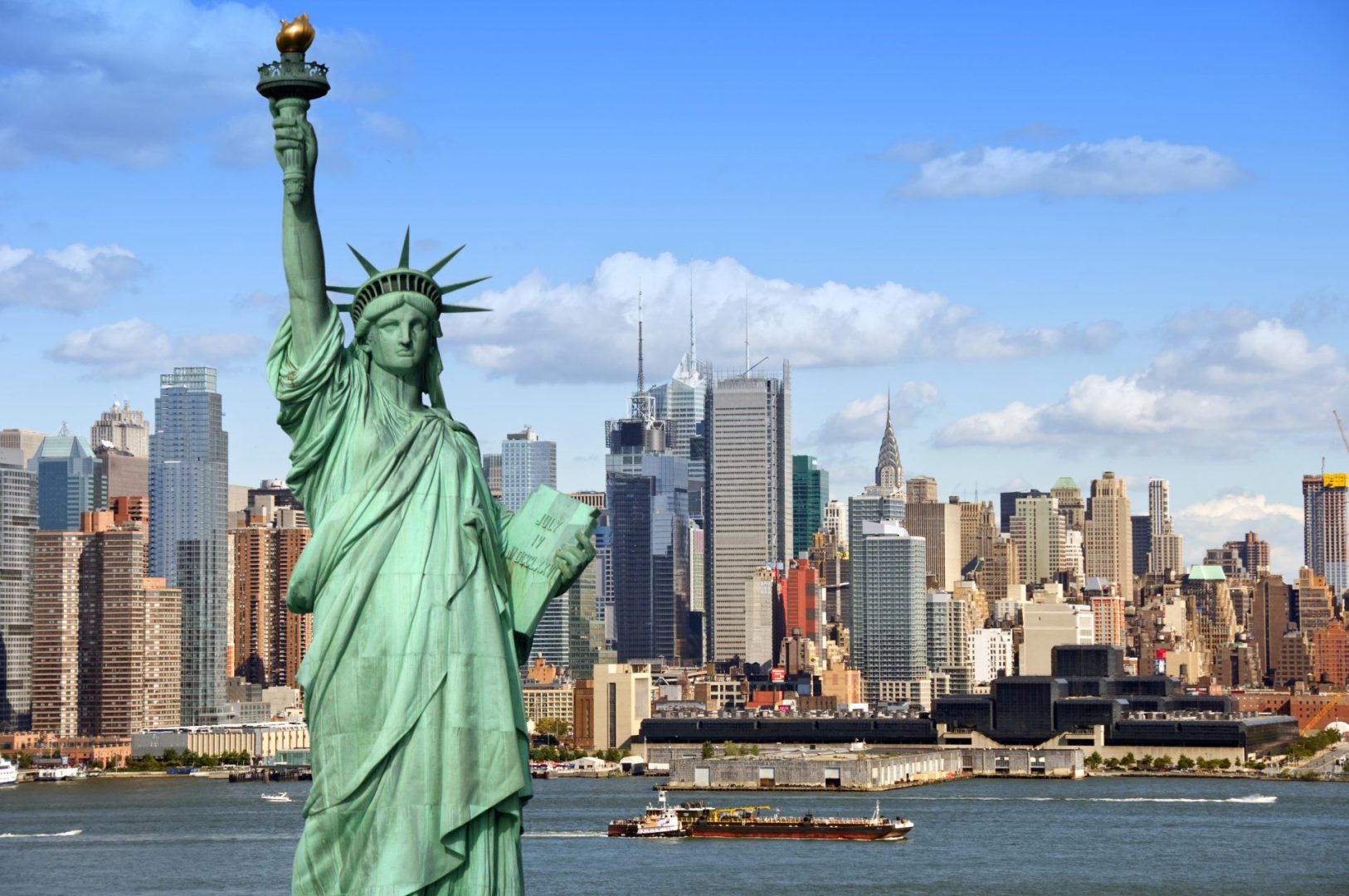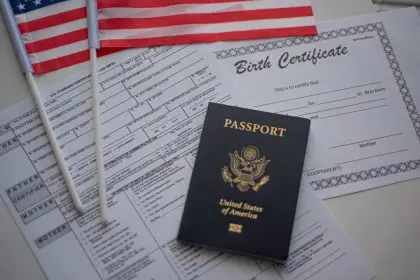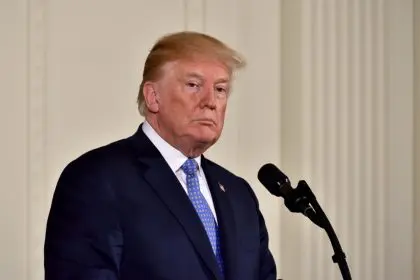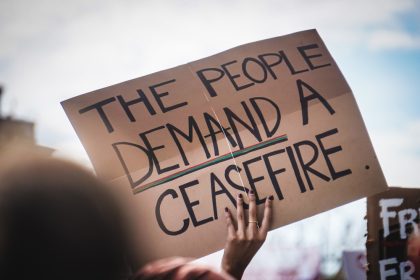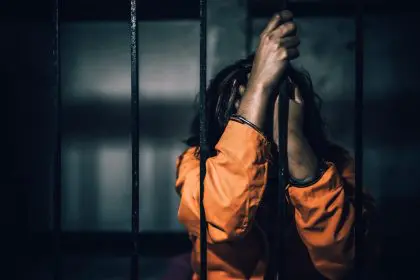New York City is currently witnessing a heated debate following Mayor Eric Adams’ recent signing of the Safe Hotels Act into law. This legislation, aimed at enhancing safety and operational standards in the hospitality sector, has sparked significant backlash from industry stakeholders, particularly the hotel owners and operators.
Understanding the Safe Hotels Act
The Safe Hotels Act, also known as Intro. 0991, mandates that all hotels across the five boroughs of New York City must obtain operating licenses. This law introduces stricter regulations concerning safety, staffing, cleaning and licensing, with the overarching goal of ensuring the safety and well-being of both workers and guests.
According to Black Enterprise, Mayor Adams emphasized the importance of this legislation, stating, “Our top priority from day one has been to keep people safe, and that includes protecting workers and tourists at our city’s hotels. The Safe Hotels Act ensures our hotels are safe, healthy and clean, enabling our tourism industry to thrive and create jobs. This is a win for working people, the tourism and hotel industry, and all New Yorkers.” This statement reflects the administration’s commitment to improving conditions in the hospitality sector.
Industry response and concerns
Despite the mayor’s assurances, the Safe Hotels Act has faced considerable criticism from various industry groups, including the Asian American Hotel Owners Association (AAHOA) and the American Hotel and Lodging Association. AAHOA chairman Miraj Patel expressed concerns that the law fails to address broader issues affecting hoteliers. Patel warned that the act’s unintended consequences could disproportionately impact minority-owned businesses, hindering entrepreneurship and innovation within the hospitality sector.
Implications for New York City’s hotels
With nearly 800 hotels in the city, all establishments will now be required to obtain licenses from the Department of Consumer and Worker Protection. As crime rates have risen in the city, the law mandates that hotels employ their own staff for front desk and housekeeping roles instead of relying on contracted workers. Additionally, hotels must provide panic buttons for employees to ensure their safety in potentially dangerous situations.
City Council Member Julie Menin, who sponsored the legislation, highlighted the need for regulation in an industry that has historically operated without oversight. She emphasized that the law not only protects workers but also ensures that guests have a safe experience during their stay in New York City.
Support and opposition
While the Safe Hotels Act garnered support from 34 out of 51 council members, many in the hospitality industry argue that the new regulations could lead to job losses and increased room rates, potentially deterring tourists from visiting the city. Vijay Dandapani, president and CEO of the Hotel Association of NYC, criticized the notion that the city’s hotels are unsafe, calling it a “travesty.”
The Safe Hotels Act represents a significant shift in how New York City regulates its hospitality industry. While the law aims to enhance safety and protect workers and guests, it has also raised concerns about its potential impact on hotel operations, particularly for minority-owned businesses. As the city navigates this complex issue, the dialogue between the government and the hospitality sector will be crucial in shaping the future of New York City’s tourism industry.

